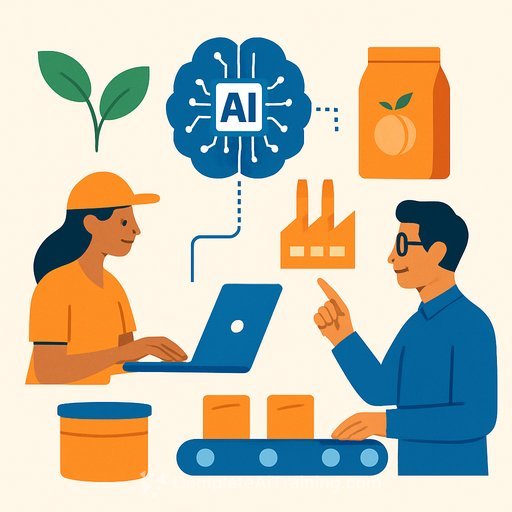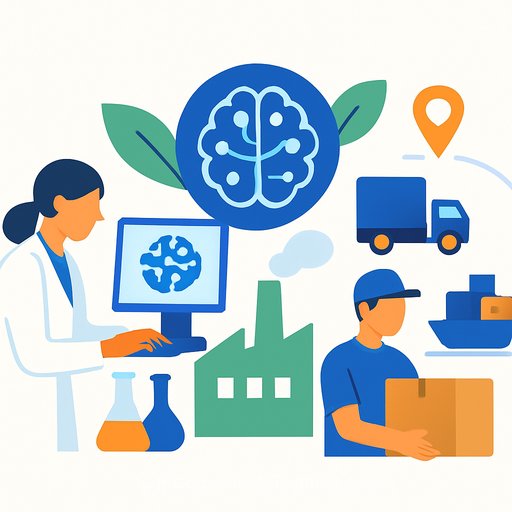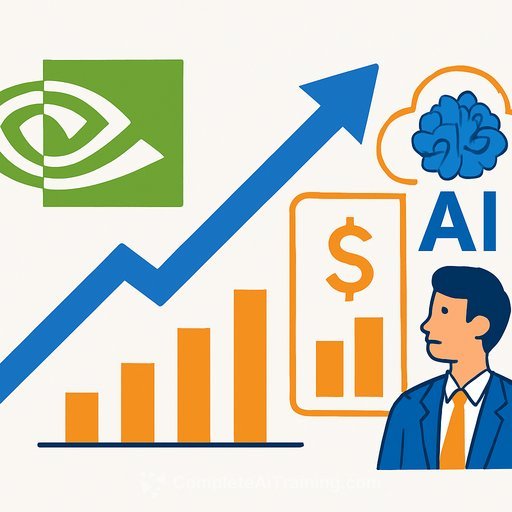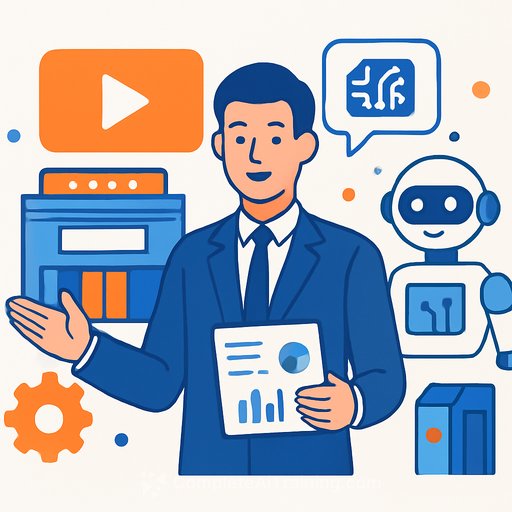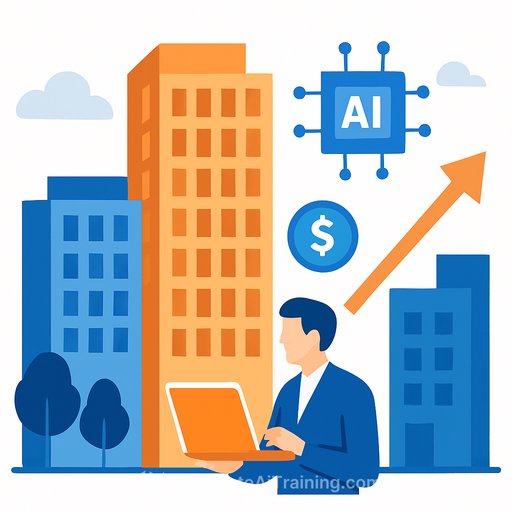Coca-Cola Europacific Partners turns to AI for sustainability ops-and a competitive edge
Coca-Cola Europacific Partners has partnered with Osapiens, a Germany-based company that applies AI to help enterprises implement, monitor, and report on sustainability initiatives. The goal: meet regional and global standards while finding efficiency gains hidden in day-to-day operations.
For operations leaders, this is a playbook move. Treat sustainability as a data problem first, then an efficiency engine. Done right, it reduces risk, trims cost, and speeds decisions.
Why this matters for operations
- Compliance pressure is rising. AI can centralize evidence, surface gaps, and keep pace with evolving rules.
- Data is fragmented across plants, suppliers, and systems. AI can unify it into audit-ready reporting and real-time dashboards.
- Sustainable practices frequently cut waste, energy, and logistics costs-direct hits to the P&L.
Where AI creates value in sustainability operations
- Automated data collection and validation across ERP, MES, logistics, utilities, and supplier portals.
- Supplier risk mapping and alerts based on disclosures, certificates, and incident signals.
- Anomaly detection on emissions, water, energy, and scrap to catch process drift early.
- Scenario modeling to compare packaging, routing, and production choices against cost and footprint.
- Audit-ready reporting aligned to regional and global standards with change logs and evidence trails.
Practical steps to replicate
- Define outcomes: pick 3 measurable targets (e.g., reporting cycle time, energy per unit, supplier coverage).
- Map your data: list sources, owners, formats, and frequency; close gaps before implementation.
- Pilot a high-signal process: choose one plant or product line; prove value in 90 days.
- Integrate suppliers: standardize templates and automate reminders for attestations and certificates.
- Governance: assign a data steward, set change control, and define escalation paths for incidents.
- Upskill the team: teach operators and planners how to interpret AI signals and act on them.
Metrics to track
- Reporting lead time and audit cycle time
- Energy intensity and water intensity per unit produced
- Scrap and rework rates tied to process anomalies detected
- Supplier data coverage and verification rate
- Incident detection-to-resolution time
Compliance, simplified
Platforms like Osapiens help align with regional and global standards and keep documentation provable. For context on European requirements, see the European Commission's overview of the Corporate Sustainability Reporting Directive (CSRD).
Risks and guardrails
- Data quality: bad inputs create misleading insights-set validation rules and ownership.
- Model drift: schedule periodic reviews to ensure thresholds and detections still match reality.
- Privacy and access: least-privilege access, clear retention policies, and vendor due diligence.
- Change adoption: make alerts actionable inside existing workflows (CMMS, MES, planning tools).
The takeaway for operations
Coca-Cola's move signals a shift: sustainability is becoming an operations discipline anchored in data and continuous improvement. Use AI to compress reporting time, see waste sooner, and standardize supplier oversight-then reinvest the savings into higher-yield improvements.
If your team is building AI fluency for these use cases, explore role-based training options here: Complete AI Training: Courses by Job.
Your membership also unlocks:

